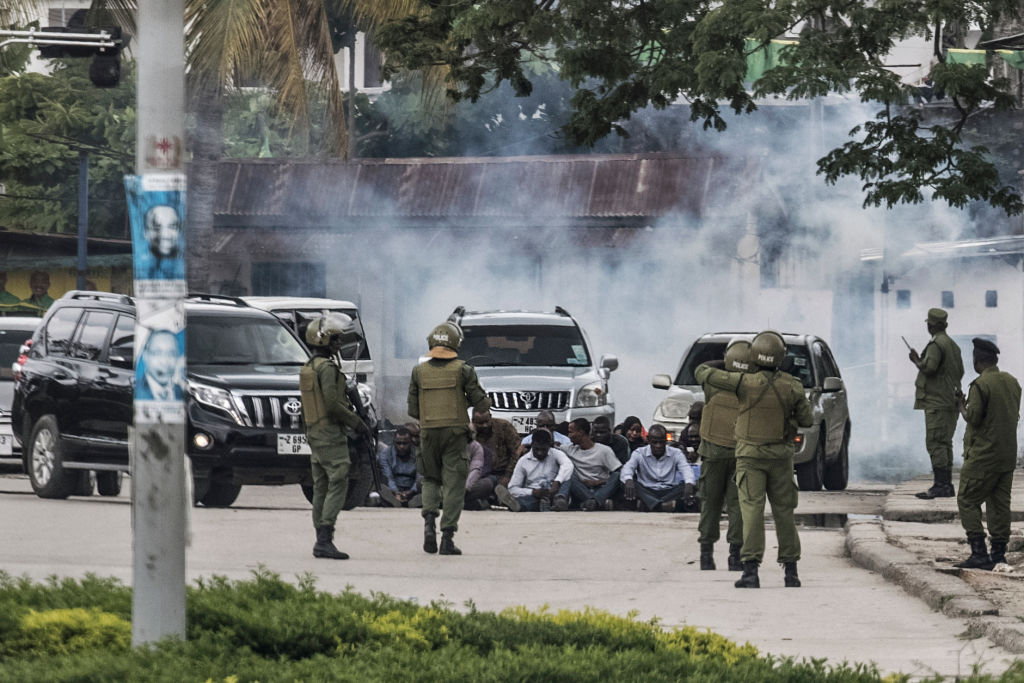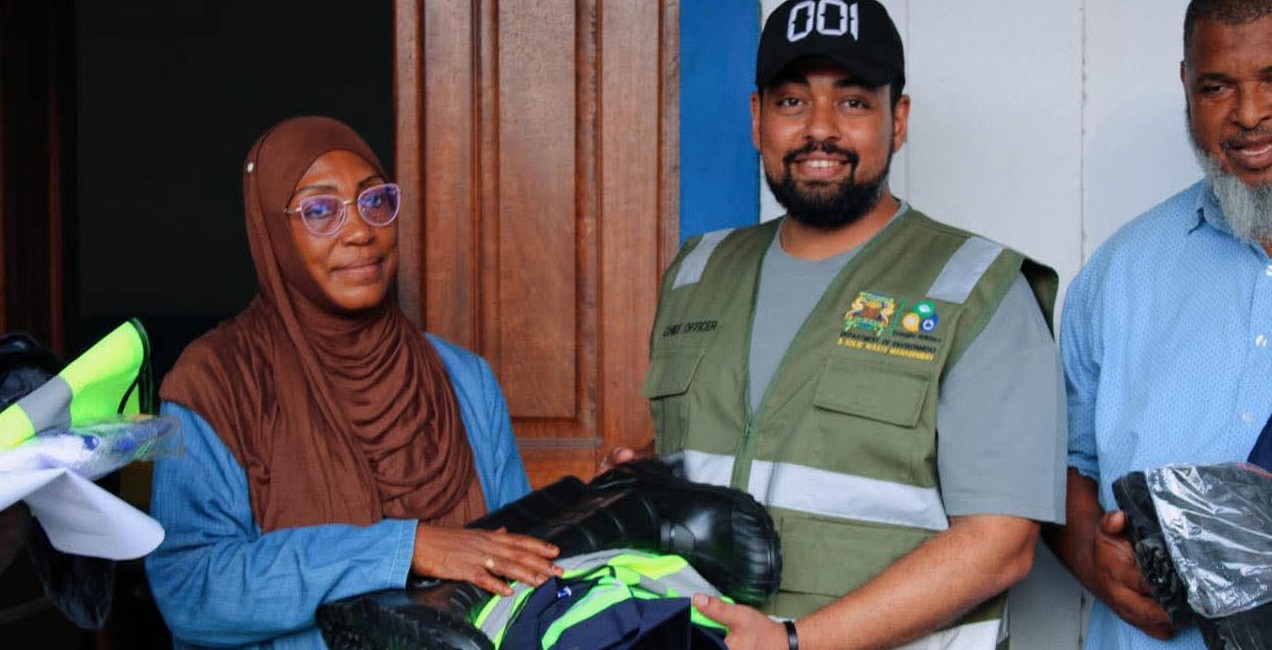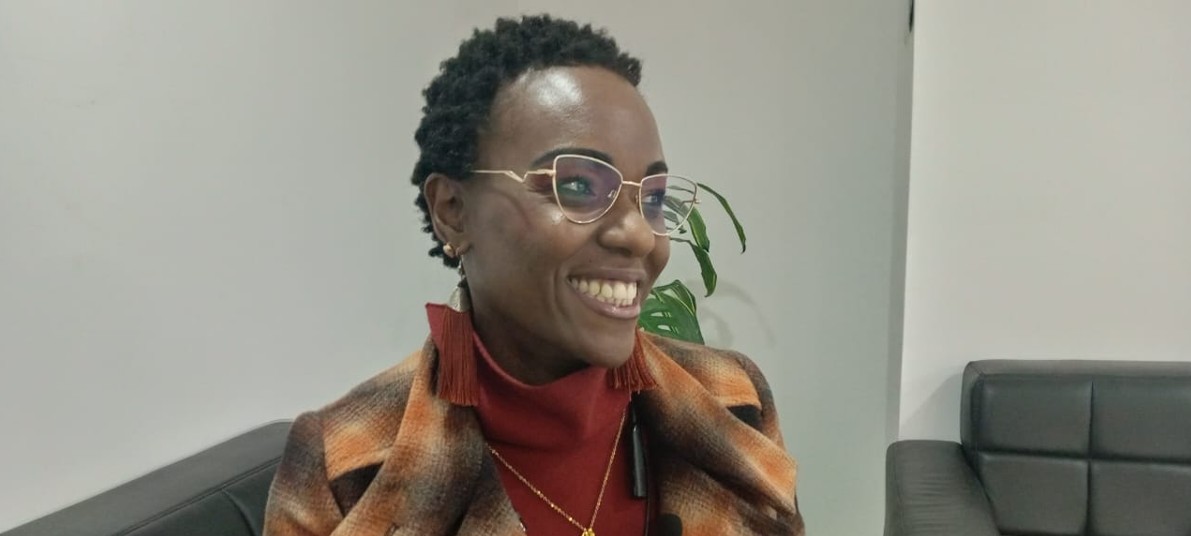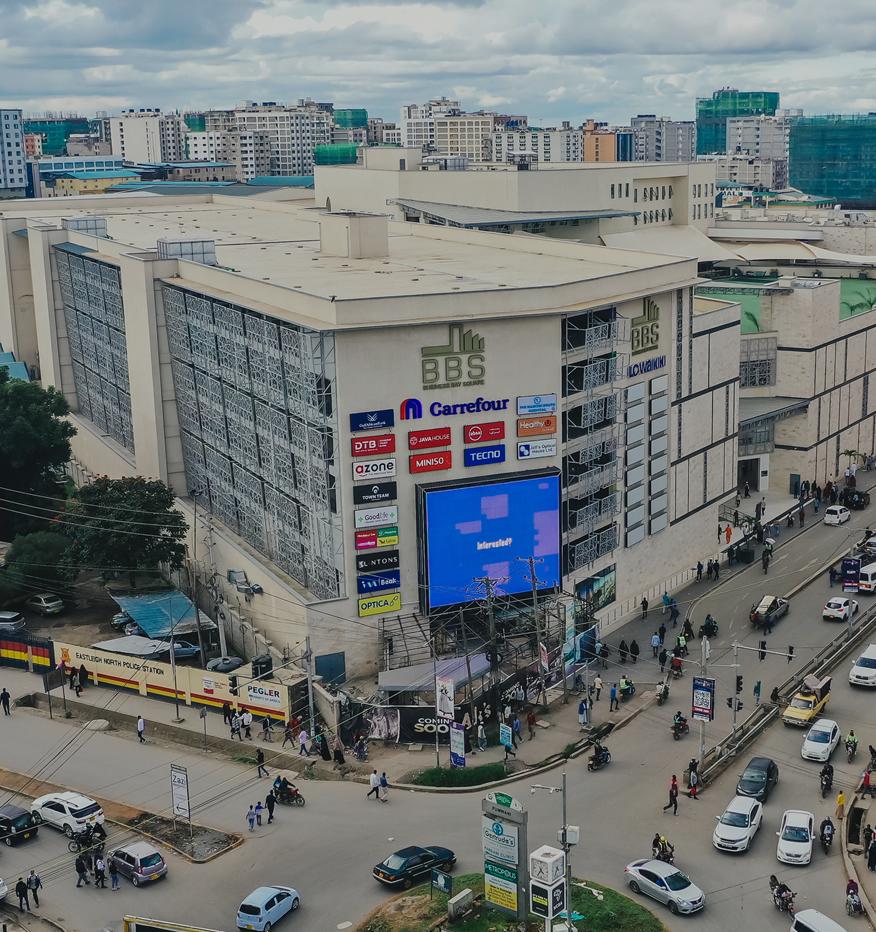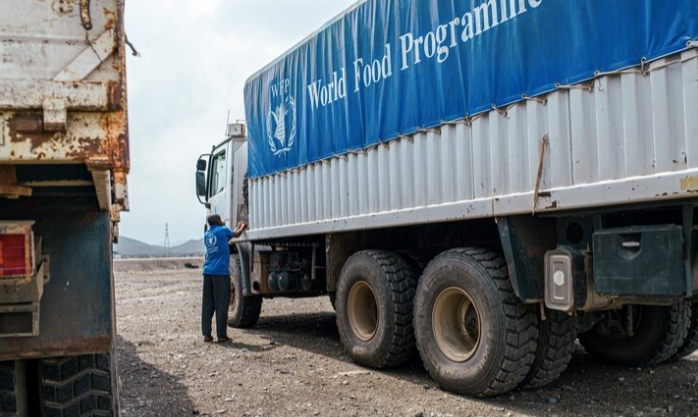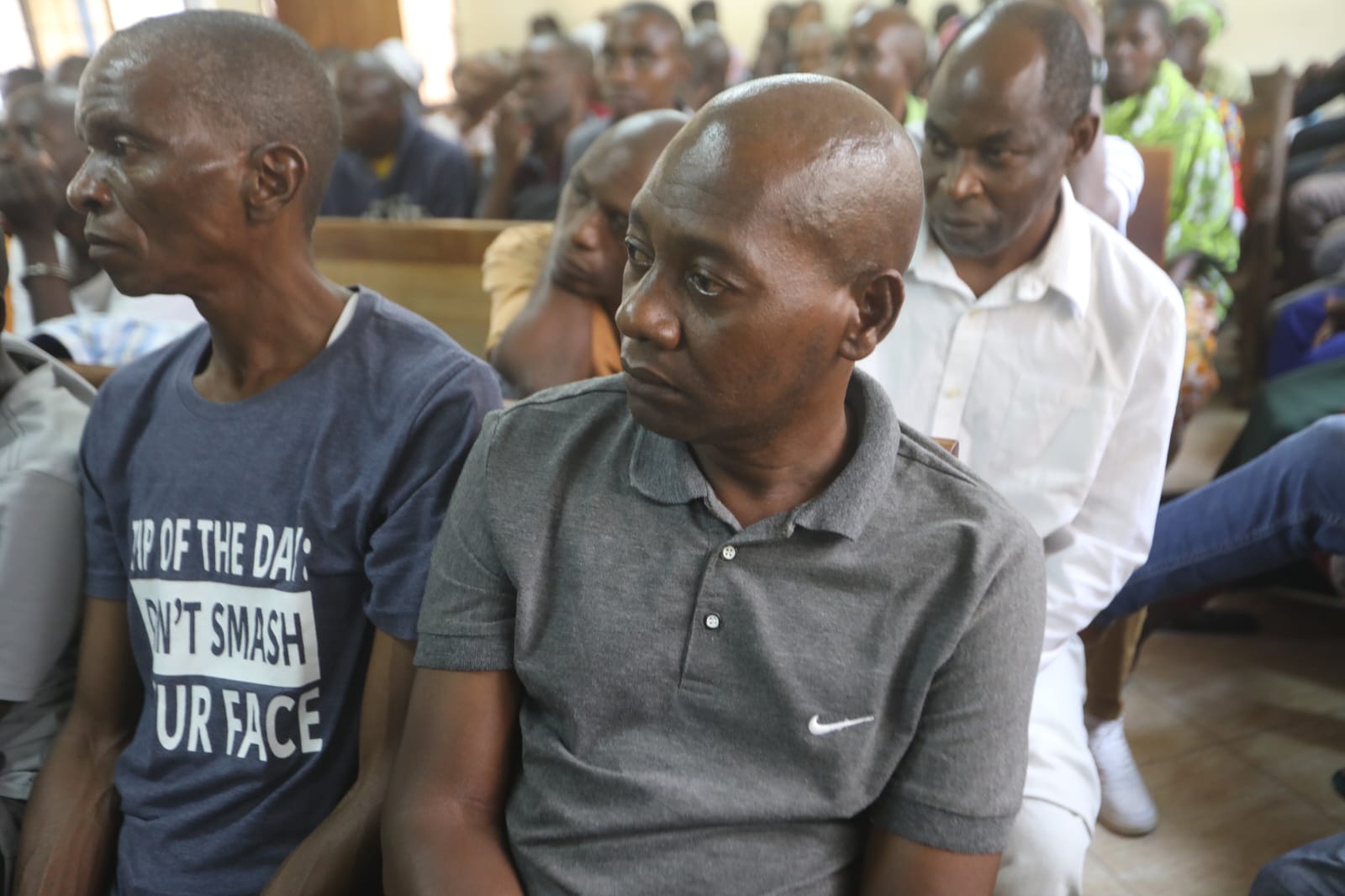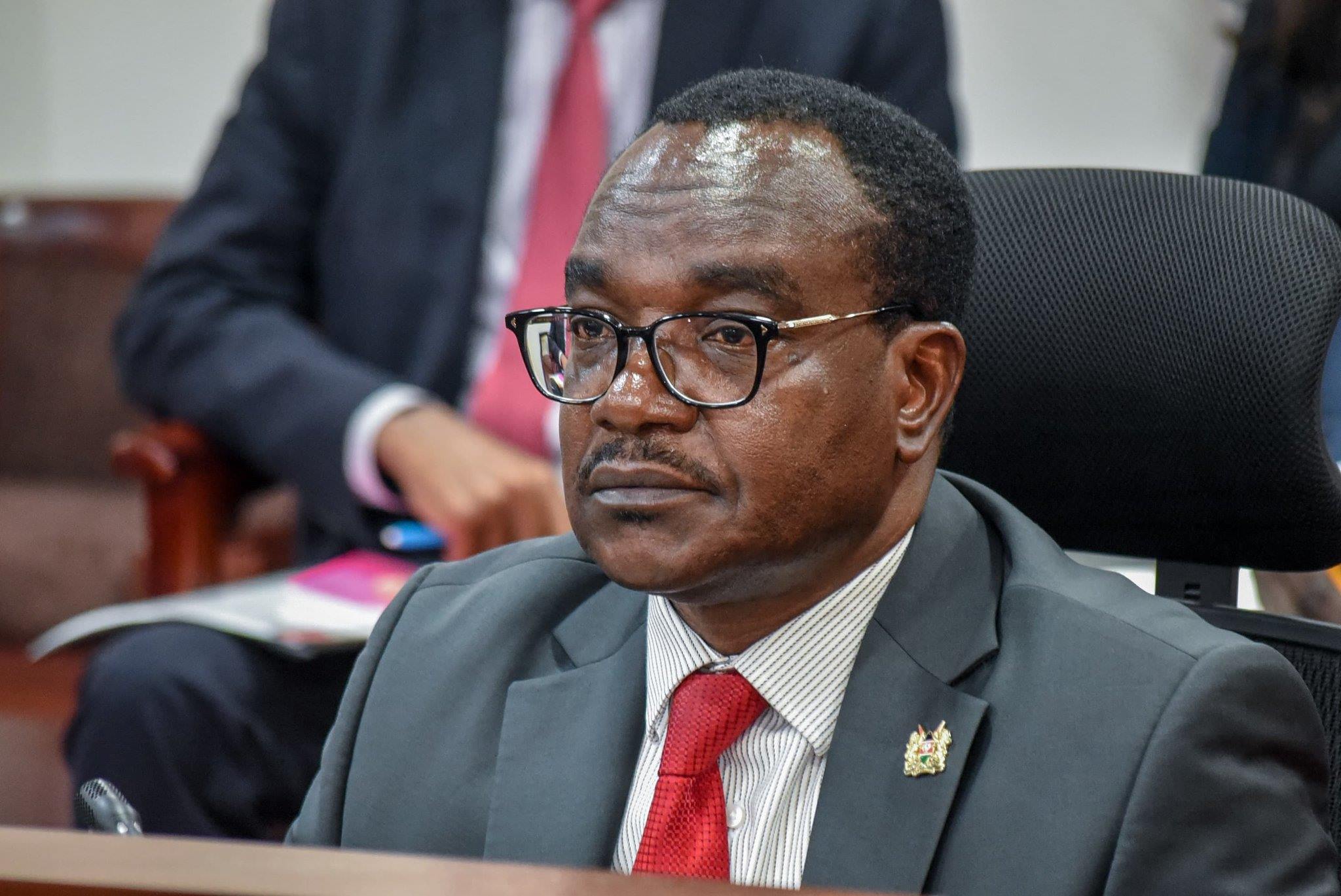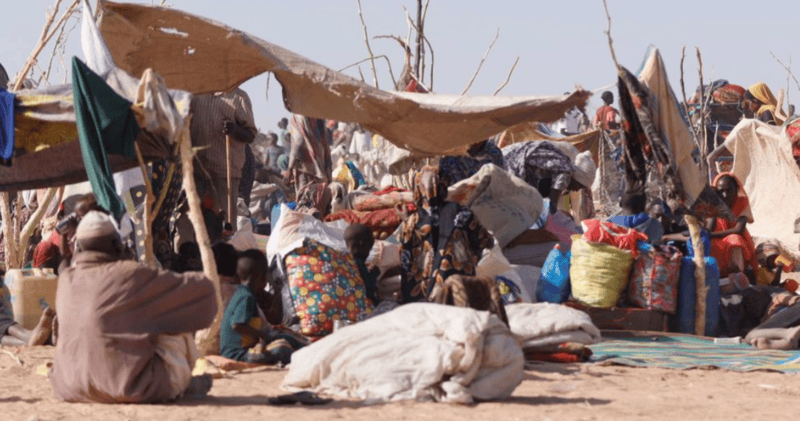Internet blackout, protests mar Tanzania’s election day
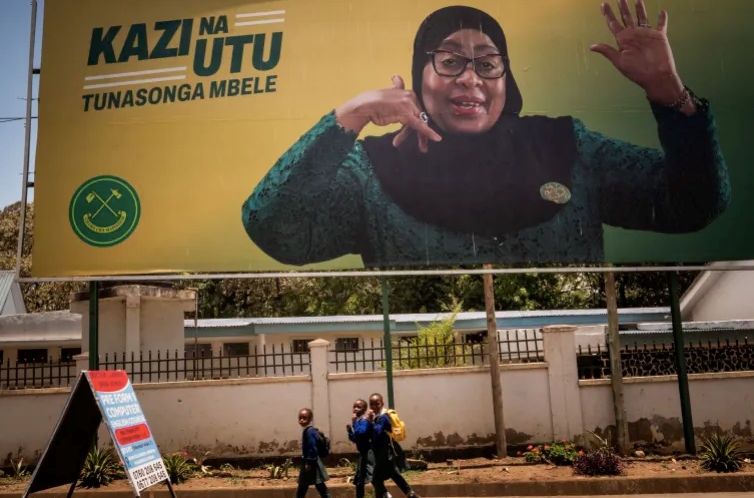
Protests erupted in parts of Dar es Salaam and other major towns, where opposition supporters took to the streets to denounce the exclusion of their leaders from the polls.
Internet access across Tanzania was severely disrupted on Wednesday as citizens went to the polls, with reports of slow connectivity and social media restrictions emerging throughout the day.
The outage was confirmed by internet watchdog NetBlocks, which reported a nationwide disruption to online services, noting that live network data showed a sharp drop in connectivity.
More To Read
- Amnesty International confirms two killed in Tanzania election protests
- Dar es Salaam under night curfew after violent election protests
- Tanzania’s presidents since independence: Their legacy and years in office
- Tanzania votes amid tightening political space, CCM dominance
- Zanzibar opposition alleges voter fraud ahead of elections
- Tanzania denies Amnesty report linking government to enforced disappearances, torture
"Live network data show a nationwide disruption to internet connectivity in #Tanzania on election day, corroborating reports of a digital blackout; the incident comes as Tanzanians vote for a new president and parliament, with both main opposition parties barred," said Netblocks in a statement on X.
More than 37 million registered voters were expected to cast their ballots from 7:00 am until 4:00 pm, with the country's election commission previously saying it would announce the results within three days of election day.
However, protests erupted in parts of Dar es Salaam and other major towns, where opposition supporters took to the streets to denounce the exclusion of their leaders from the polls.
Polling stations vandalised amid election-day chaos in Tanzania. pic.twitter.com/XV0ijkhJ8e
— The Eastleigh Voice (@Eastleighvoice) October 29, 2025
Security forces responded with tear gas and arrests as tensions flared outside several polling stations. Reports from several polling stations indicated a low voter turnout, particularly in Dar es Salaam, amid concerns about safety and fairness.
The election is widely viewed as a one-sided contest favouring President Samia Suluhu Hassan and her ruling Chama Cha Mapinduzi (CCM) party. Formed in 1977 through the merger of the Tanganyika African National Union (TANU) from the mainland and the Afro Shirazi Party from Zanzibar, CCM has remained the dominant force in Tanzanian politics for nearly five decades.
CHADEMA's main opposition leader, Tundu Lissu, remains in custody on treason charges, which he denies, while his party has urged Tanzanians to boycott the polls.
The country's electoral body also disqualified Luhaga Mpina, the candidate for the second-largest opposition party, ACT-Wazalendo, following an objection from the attorney general, leaving Suluhu to face off against contenders from smaller parties with limited support.
Ahead of the vote, Amnesty International and other human rights groups accused the government of orchestrating a "wave of terror" involving arrests, enforced disappearances, and extrajudicial killings of opposition figures, claims Tanzania's administration dismissed as false.
"The authorities have suppressed the political opposition and critics of the ruling party, stifled the media, and failed to ensure the electoral commission's independence," Human Rights Watch (HRW) added in another statement.
Top Stories Today
